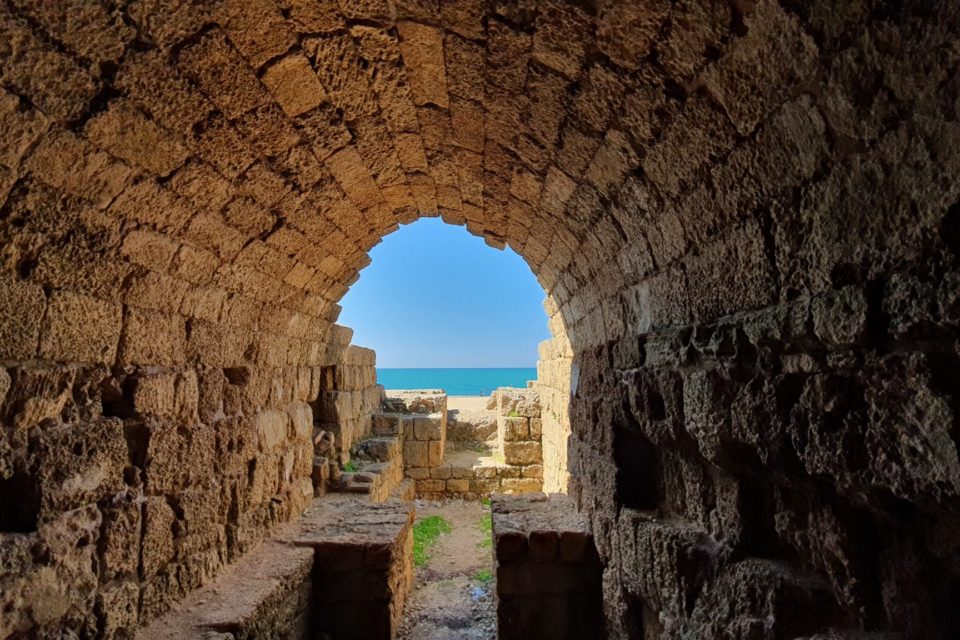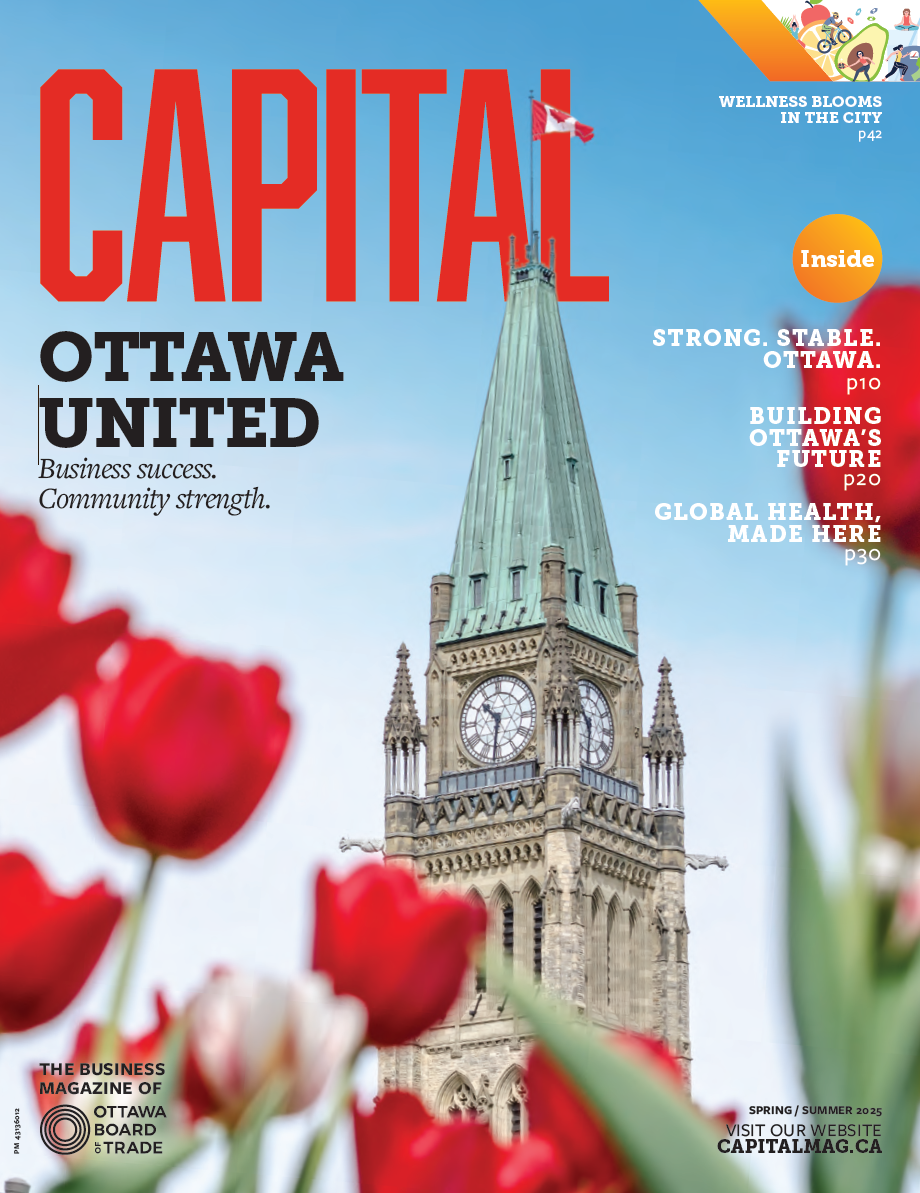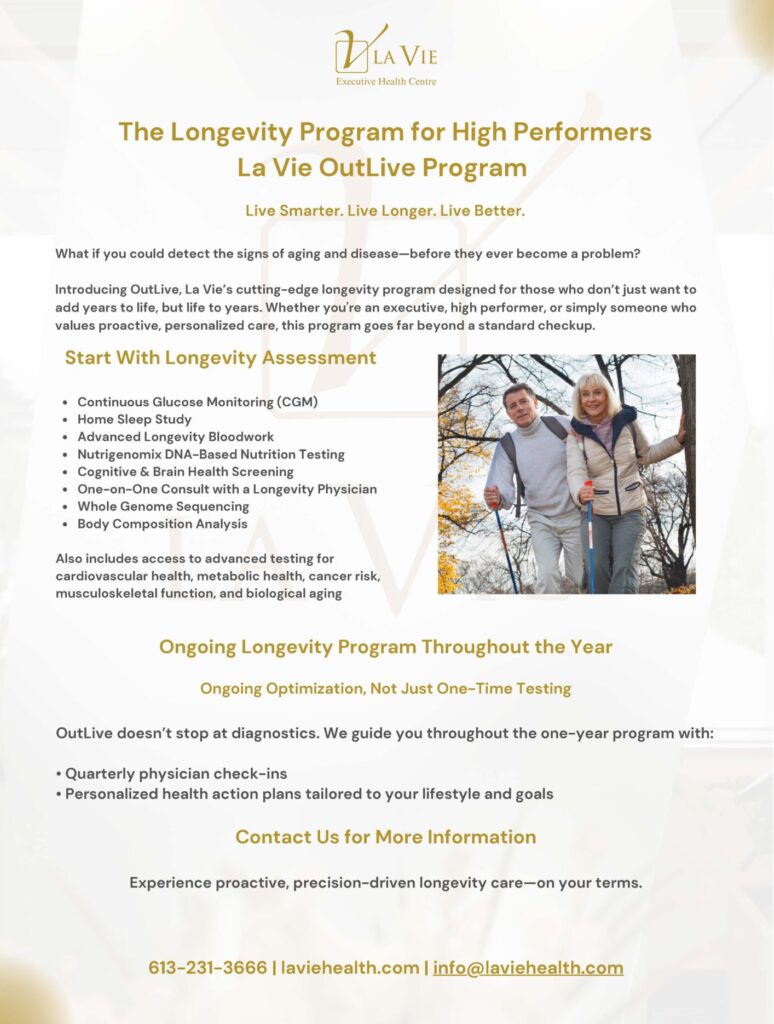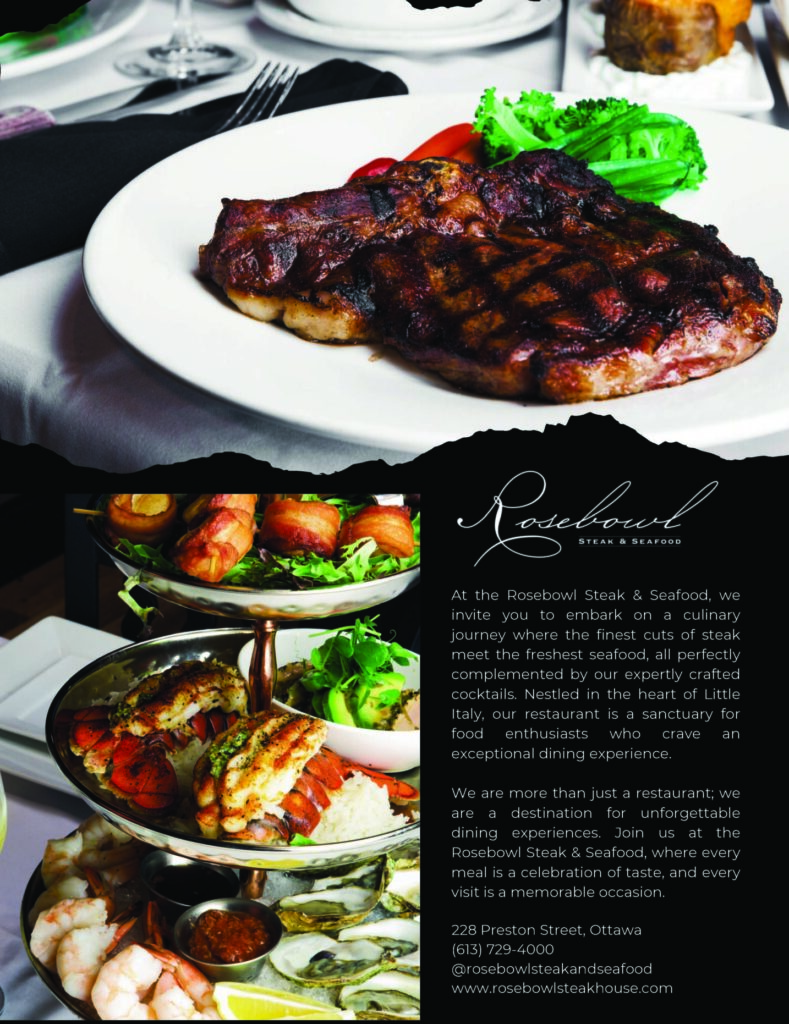LEADERSHIP IN TRYING TIMES: A LOOK AT MARCUS AURELIUS MEDITATIONS

At about this time last year, a colleague of mine asked me how we can help our clients navigate through this time of uncertainty. After all as change managers, organizational development and transformation experts – we should have the answers on how to navigate this uncertain terrain.
We were in the midst of a global pandemic that shut down the entire world. Everything we knew, changed, overnight. It affected every aspect of our lives from how we shopped, worked, entertained, dressed, went to school, worshiped – it permeated through every facet of our lives. We were unsure of what was to come. Some of us were optimistic, thinking it would be a mere 6 weeks of lockdown, others saw it as something more foreboding. What is certain, is that a year later, there will never be a return to “normal”. We will return to a new normal one that is co-created by all of us. This was further compounded by the growing political unrest over the past four years culminating events like the storming of Capitol Hill. To bear witness to the blatant degradation of not only our institutions, democracy, constitutional rights and freedoms but of humanity itself has been emotionally devastating at times.
It was during this time that I was gifted Meditations by Marcus Aurelius and what a beautiful gift it was. Marcus Aurelius was a second century CE Roman emperor and one of the last notable Stoic philosophers. He penned Meditations for himself much like a journal with reflective thoughts and ideas. It is interesting to note that during the last 14 years of his life he faced one of the worst plagues in European history. Estimated death tolls reached to 5 million or 2.63% of the entire world population at that time. A heavy concentration of deaths were in Rome. Marcus Aurelius as Emperor brought stability to an unstable empire. As Emperor he was responsible for the people under his rule and watched them suffer and die by the hands not of a military might but rather, a plague. All the while leading military campaigns and expeditions to ensure the safety of Rome and its citizens. Meditations serves as the moral counsel he availed himself to and it speaks to the character and mental resilience required to deal with the challenges he faced. Stoics believe that true moral good is derived from our character and actions. In the face of adversity, what one chooses to do or not do is the mark of the person.
Since this issue is centered on leadership there are 4 main points that I would like to share with you from Meditations and that is graciousness, resiliency, connectedness and accountability. Two (graciousness, connectedness) are outward facing, while two (resiliency, accountability) are inward facing.
Graciousness Meditations opens with Marcus paying homage to those he admires most among his friends, family, teachers, and presents their characteristics and talents as gifts they gave him. He describes them by their most beautiful qualities and attributes which he reflects upon, learns from and then tries to embody himself. It is a beautiful opening chapter and as I was reading it I longed to live in a world where we spoke of each other in terms of value. The value of our character should be admired and we should not look to diminish one another.
Rather, looking for good attributes to emulate in others fortifies us. Imagine if we chose to hold and in doing so be held in esteem Resiliency
In chapter 4 Marcus deals with how to manage when the outside world gets tricky, messy, unpredictable or overwhelming. He reflects that the best place to look is inward. That is to retreat into your inner sanctum, which should act as safe harbour for you, where you can engage in self-cultivation. This will provide you with resiliency to deal with the chaos in the outer world, as resiliency is fortified from within not without. To be resilient is to be able to retreat from the world into a protected space that you must create for yourself.
Connectedness
Throughout Meditations Marcus references the Whole but what is the Whole? Upon further reflection what is implied by the Whole is everything that is, will be, and has been for all of eternity. It is in the interconnectedness, the grand fabric of the Fates so to speak – that is the Whole. This type of interconnectedness sees us as one and the same and as part of this larger fabric. This interconnectedness is inescapable and once you accept it, you can see yourself as the other and you begin to offer yourself to in the service of the other.
Accountability
The hallmark of Stoic philosophy is knowing that you only are in control of your actions and your responses to external stimuli. This is why it is so important to fortify your inner-self, so that you can respond in a manner that you would consider morally upstanding.
. Even if you are the Emperor of Rome – you may be responsible for many but are ultimately accountable for only one.
Each and every one of us leads; be it countries, businesses, teams, families and ultimately ourselves. We get to decide how we will approach each day, how we will choose to behave in the face of adversity, hardship, trials, tribulations, but also in the face of empathy, love and devotion. We need to ask ourselves: how do we honour one another and show gratitude for the love and kindness we are shown? How do we build character and fortify our inner citadel so that we may brave the storm of uncertainty?
Good character and moral agency are your tools to use.
Remember no one suffers remorse from acquiring wisdom, courage, integrity, honesty, bravery etc.
Whatever anyone does or says, I must be good, just as if the gold, or the emerald, or the purple were always saying this, whatever anyone does or says, I must be emerald and keep my color.
Feryal Khan is the founder of Aventine Group specializing in Business Development and Transformation. She has success transforming teams, processes and executive leadership with her creative approach to that combines traditional methodologies with divergent thinking.























